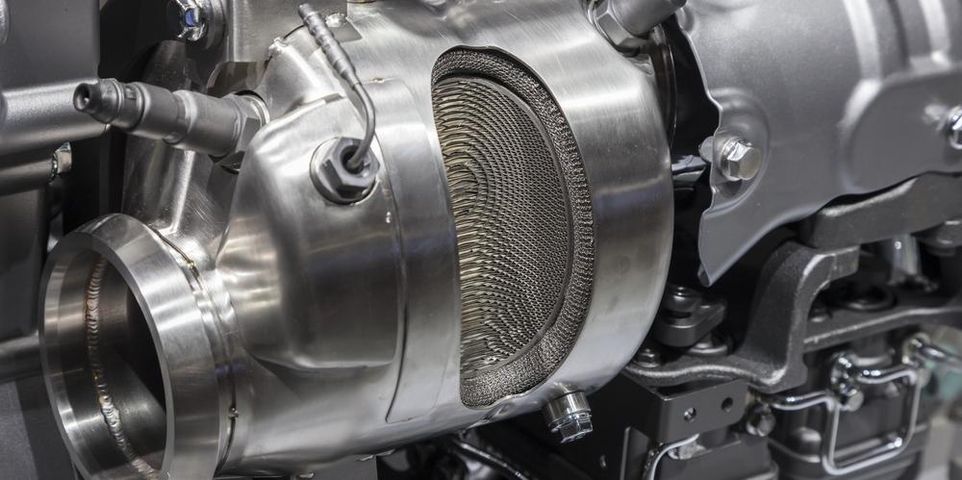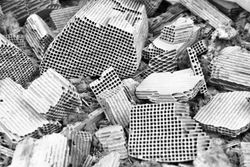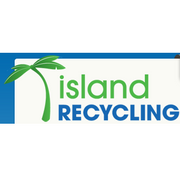Why You Need a Catalytic Converter on Your Car's Exhaust

A catalytic converter reduces emissions, preventing millions of cars from releasing dangerous gases into the atmosphere. Mandated by the US government, installing the device is required by law. This component is a staple of modern exhaust systems, so it’s vital to know exactly how it works. As Kapolei, HI’s go-to recycling experts, the team at Island Recycling handles plastic, paper, scrap metal, and more. They share precisely how your catalytic converter works below.
What Is a Catalytic Converter?
Situated within your vehicle’s exhaust system, the catalytic converter looks like a small metal chamber. It receives environmentally dangerous exhaust gases and transforms their chemical nature. This transformation reduces the amount of dangerous emissions, keeping your exhaust system clean. Inside the converter is a honeycomb structure aligned with metals, each having its unique role in emission reduction.
How Does a Catalytic Converter Work?
 The car engine produces three main emissions, all of which are harmful to the environment: carbon dioxide (CO2), nitrogen gas (N2), and water vapor (H2O). The catalytic converter handles smaller emissions that are even more dangerous—carbon dioxide, hydrocarbons, and nitrogen oxides. Reducing their presence on American roads is much like recycling; it transforms a potential danger to reduce roadway harm.
The car engine produces three main emissions, all of which are harmful to the environment: carbon dioxide (CO2), nitrogen gas (N2), and water vapor (H2O). The catalytic converter handles smaller emissions that are even more dangerous—carbon dioxide, hydrocarbons, and nitrogen oxides. Reducing their presence on American roads is much like recycling; it transforms a potential danger to reduce roadway harm.
Within the honeycomb structure, two types of catalyst meet these dangerous gases, removing their nitrogen atoms and replacing them with cleaner oxygen. This oxygen works its way through the exhaust system, eventually releasing into the air.
Catalysts also burn the carbon monoxide and hydrocarbons that stick within the incoming gas. These reduce smog, making fresher, cleaner air with better visibility. All of the entering fuel uses oxygen to complete the combustion process, reducing emissions and improving efficiency.
If you want to reduce your carbon footprint, Island Recycling is your one-stop shop. Not only can they educate you on the correct catalytic converter for your vehicle, but they’ll accept an array of materials, from paper to scrap steel and copper. Visit the website to learn more, or call (808) 682-9200 today.
About the Business
Have a question? Ask the experts!
Send your question

